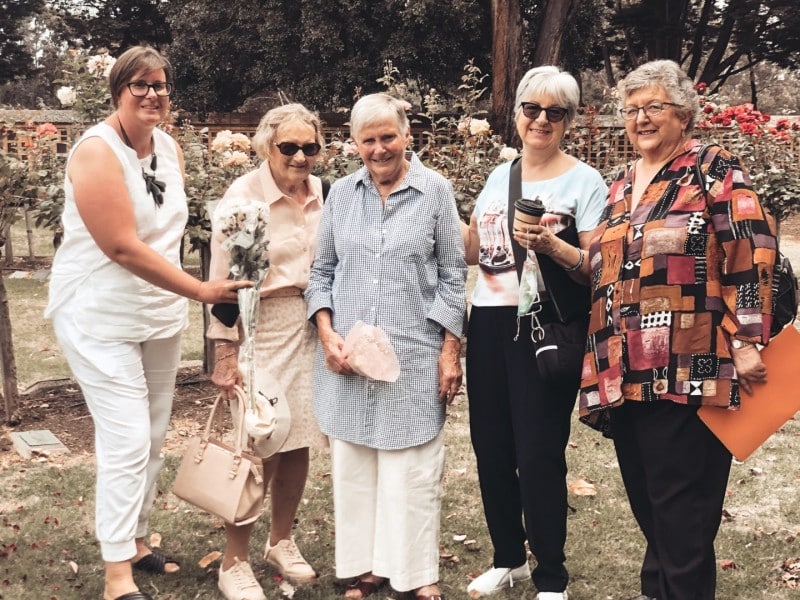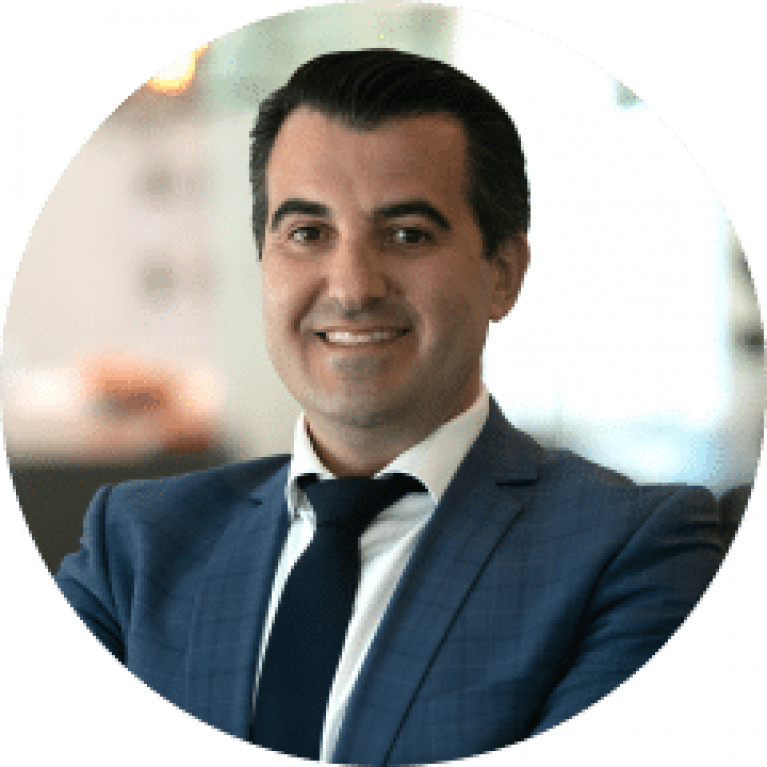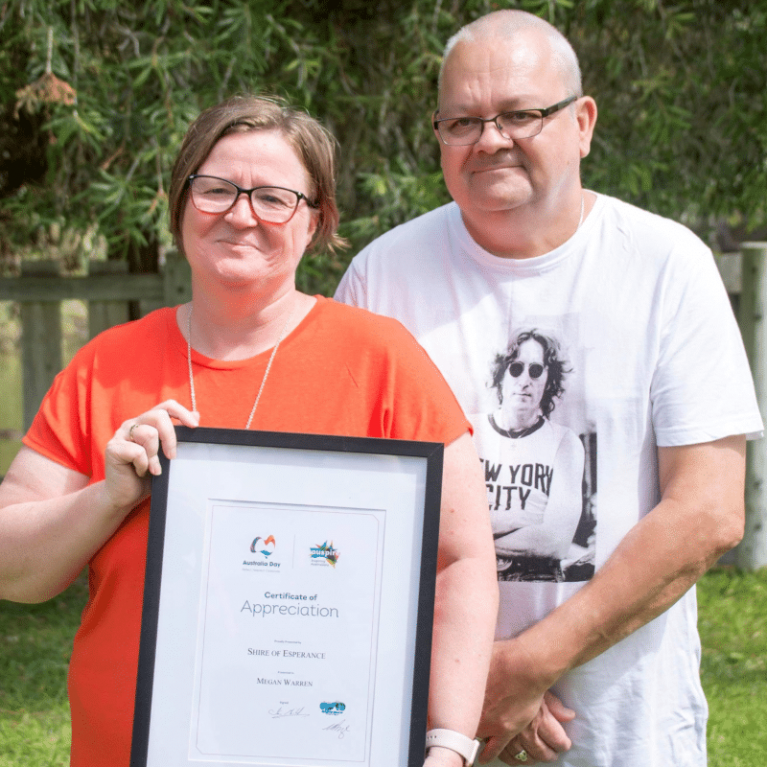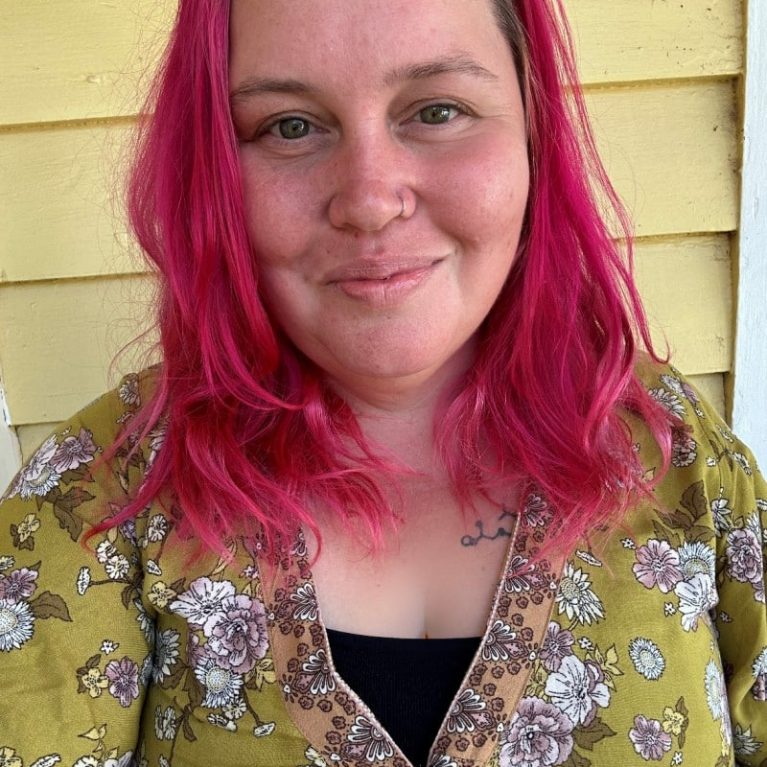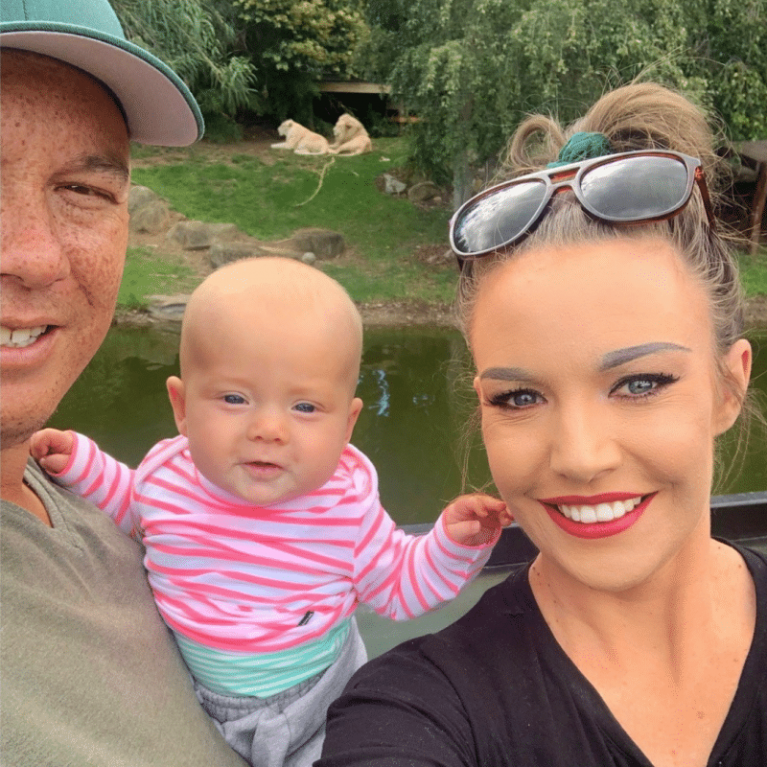There are many dedicated staff, volunteers, and supporters behind the work of Red Nose. This is Joan’s story.
I have a long-standing, deep relationship with Sands, and now Red Nose, as a bereaved parent, volunteer, and as one of the founders of the Victorian-based Older Loss Support Group.
The Older Loss Support Group is very special to me and to the many others who’ve felt lonely in their grief because their babies died at a time when people thought the best way to cope with the loss of a child was to actively forget about it – to go home and have another baby.
I lost two baby daughters in the 1970s – Rachel and Andrea – and I have so few memories to keep of either of them. When Rachel was born, she was struggling to breathe in a humidicrib, and I never got to see her at peace when she died at only 3 days old. Andrea was later stillborn, and I didn’t get to see her at all. It was so cruel. So unreal.
It wasn’t until twenty years later that I found Sands. I went along to a memorial service and loved the support and feeling among the community.
When I first went along to a local support meeting, the people there were newly bereaved and even though they were interested and supportive, they found it hard to relate to my story and vice versa.
So, when I was invited to attend a get-together to discuss a group for people who had lost their babies quite a while ago, I went along. From that moment I felt that I was amongst friends, which was the most validating feeling.
The Older Loss Group became a lifeline for parents like me, whose grief had never been truly acknowledged or reconciled. To finally be able to talk to someone else who knew what it was like to never have seen or held their baby was so meaningful.
As the group grew, we would visit cemeteries together. We advocated for better care for the often-neglected children’s areas and as a result were able to make improvements to beautify these special spaces. Along the way we also began to ask a lot of questions and try to find out more about the sites where hospitals once buried babies who had died.
Other families began contacting us to see if we could help find their baby’s resting place and, in many cases, we’ve been able to do that for them. It’s such an honour and privilege to be with a family so many years down the track when they are finally able to find a sense of peace and begin to feel whole again.
So much has changed over time. Now, parents are able to see and hold their baby, to share their grief with loved ones, and to decide what happens to their baby in the way of a funeral or burial. It’s fantastic that there is also so much more in the way of support for families.
The power of being able to talk openly about your baby can’t be underestimated. As the years have gone by, the Older Loss Group have continued to get together for social outings and dinners, and we still really benefit from that ongoing support we give each other. Many of us have stayed part of the community in other ways, helping to give back to others by becoming a volunteer parent supporter, a committee member, or by organising special community activities such as Walks to Remember and memorial services.
I’ve even had the honour of speaking at conferences in Sydney and New Zealand about the life-long impact of not being able to see, hold or bury your baby as well as the role peer support can play in recovering from loss. Years ago, I would never have felt I could have done this, but I definitely feel that my girls and Sands gave me the courage to do so.
I think it’s so important bereaved families know it’s never too late. No matter how long ago your loss, there are people who understand, who can listen, and who can support you, if you can find the courage to take the first step.
Did you find this helpful?
Good job! Please give your positive feedback
How could we improve this post? Please Help us.
